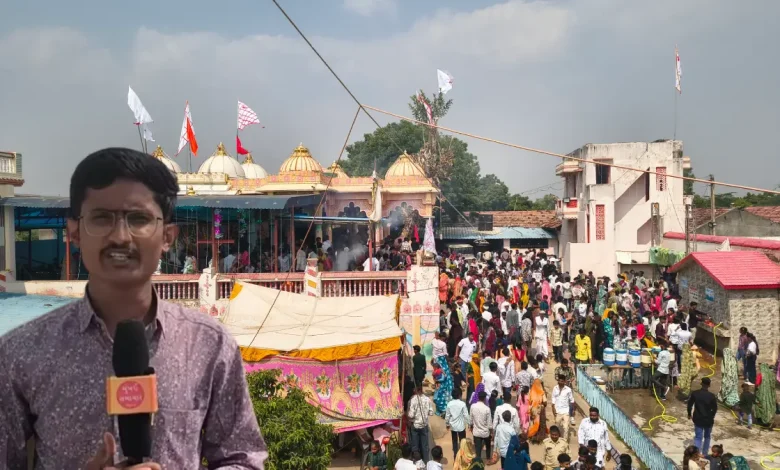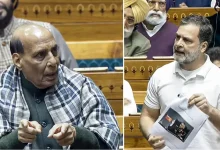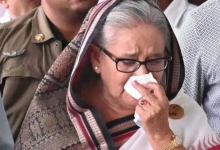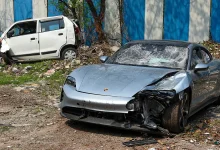
[By Our Correspodent Vimal Prajapati]
Banaskantha: On Bhai Dooj, observed on Kartak Sud Beej, Pepalu village in Lakhani taluka of Banaskantha (now Vav–Tharad) marks a sibling bond that locals say has endured for more than 750 years. As per the Vikram Samvat, this is the second day of the first month; under the Shaka Samvat, it is the second day of the eighth month. Sisters pray for their brothers’ long life and happiness on this day, and in Pepalu, that sentiment powers a living tradition.
At the heart of the village stands the Shri Naklang Bhagwan temple, revered as the “math” of seven villages. Because of this temple, Pepalu continues to uphold an age-old custom without interruption. Every year on Bhai Dooj, residents of Nesda and Mudetha arrive at Pepalu carrying a chunari to ceremonially drape on Chothba an act locals describe as honouring a promise made to a sister.
For Pepalu, a “Besatu Varsh” year is a special celebration. From the day of Besatu Varsh through the night of Bhai Dooj, the village hosts a continuous 36-hour fair two days and one night welcoming guests with warmth and pride. The gathering is also known as the Ashwa Mela. On the Besatu Varsh night, horsemen come for darshan of Shri Naklang Bhagwan and to fulfil the sister’s call. Villagers say around 100 to 200 horses accompany devotees from Nesda and Mudetha during this annual visit.
Local lore traces the tradition back to around 1300 CE, when the Delhi Sultan attacked the Jalore estate of Rajput ruler Viramsinh Chauhan in Rajasthan. According to oral history, as his companions prepared for kesaria (last-stand), the ruler entrusted Chothba to a monk, Achalnath, instructing him to take Chothba to safety. The monk travelled to Pepalu in Gujarat’s Banaskantha and settled there. When Chothba reached the age of marriage, the monk revealed the full story to the villagers, and Chothba was married into the local Vaghela lineage. That Vaghela family still resides in Pepalu and is currently building a grand temple at the site where Chothba’s wedding took place.
For Pepalu, preserving this heritage is a collective commitment. Villagers especially the youth say they take pride in the tradition and are determined to keep it alive for future generations, even as such heritage practices grow rarer in rural India.




